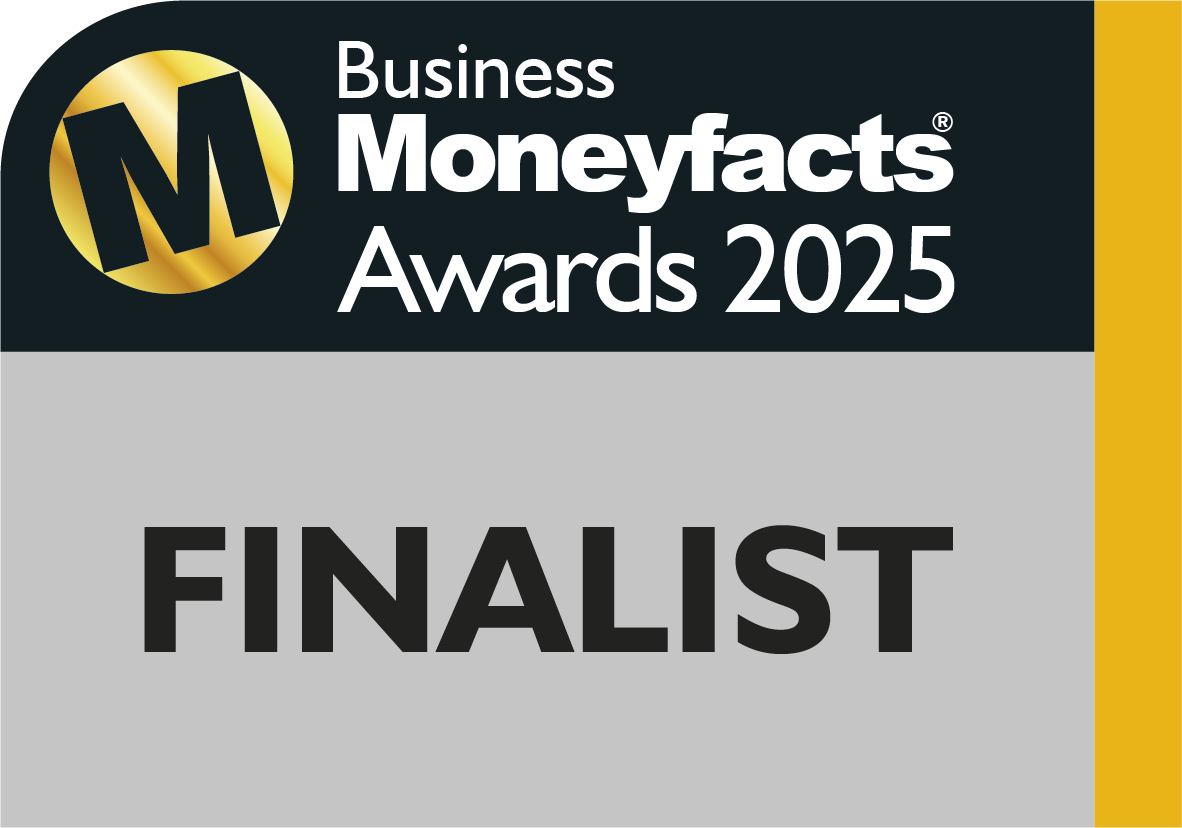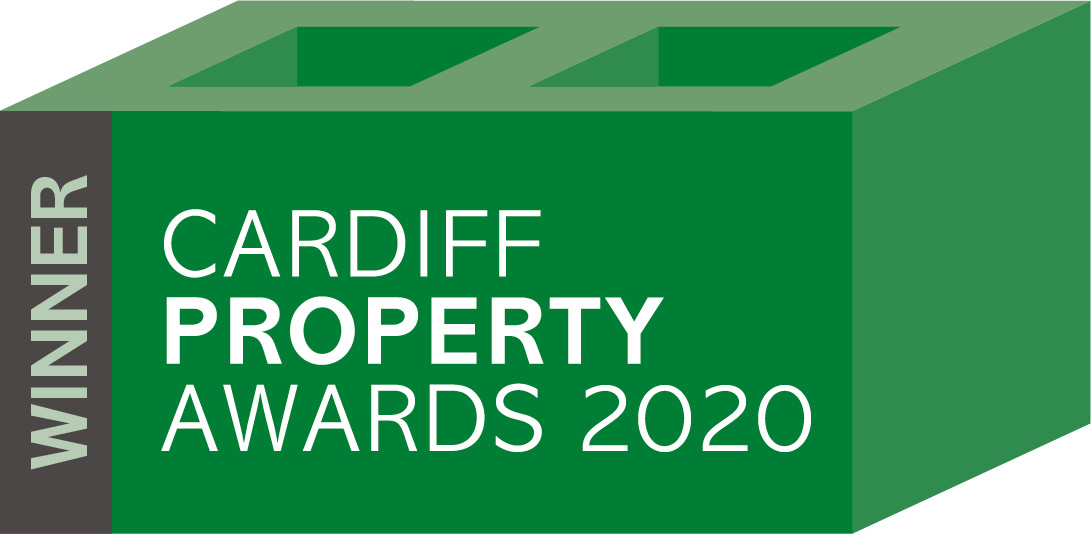February 9th, 2017.
Everything You Need-to-Know About Buy-to-Let Mortgages

We previously released The Pure Commercial Finance Guide to Buy-to-Let Investment where we covered essential elements of property investment such as how you’d manage a rented home or who you’d rent it to. But, what are your finance options when it comes to making such a purchase?
Here we cover everything you need-to-know about buy-to-let mortgages:
What is a Buy-to-Let Mortgage and What is it Used for?
Many people choose to invest in property as many believe it to be a safer and more profitable long term money maker, but cannot afford to buy an additional property out right. That is where a mortgage comes in.
When purchasing a property with the intention of renting it out, a standard residential mortgage will likely be declined. Instead, a specialist buy-to-let mortgage will be required. This loan says what it does on the tin and is designed with landlords in mind.
Who Can Apply for a Buy-to-Let Mortgage?
Anyone who wants to invest in a residential property with the intention of renting it out can apply for a buy-to-let mortgage, however not every applicant is successfully granted a loan.
Every lender will have a list of eligibility criteria and these differ between organisations. However, there are some common factors they all look for. These may include:
• A minimum age – often 25 or older
• A maximum age – often 70 or 75 years’ old
• A minimum income – usually more than £25,000 a year
• An individual can only have three buy-to-let mortgages at any given time
• An individual must already own a property that they live in
• A good credit score/record
What Can You Afford?

You’ll Require a Large Deposit
When compared to a standard home mortgage, you will likely need a larger deposit and you should expect higher interest rates. This is because these properties come with the risk of being unoccupied and therefore there’s a higher risk of you defaulting on payments.
In general, most buy-to-let mortgages will require at least a 25% deposit, and we would recommend putting down 40% in order to access more affordable offerings.
How Much Rent Could You Charge?
Speak to local estate agents and search online property listings to see how much properties are currently achieving per month, so you have an idea of a realistic figure you could charge.
When applying for a buy-to-let mortgage, a lender will analyse this expected rental income as part of your application. Generally, lenders will require an income that is 125% or more of the annual mortgage interest payments. This buffer is counted to allow for any vacancy periods that may occur.
Do Your Sums
Once you know how much a property will likely cost to buy and the potential income it could bring, you can work out the yield (annual return) on the property. Doing your sums will determine how affordable a purchase is and whether it is likely to make you a profit or not. You should also consider the fact that rents and property prices are not guaranteed to rise and could go down.
Other Need-to-Know Info
Buy-to-let mortgages are often interest only. This means that each month you simply pay off the interest incurred on the loan and the capital debt is cleared when the property is sold.
There’ll be many mortgage options available to you, both fixed rate and tracker, plus arrangement fees. Analysing these offerings can be tricky, so in order to find the best possible deal you may choose to enlist the services of a financial broker.
Find a Great Buy-to-Let Mortgage Deal for You
If you’re ready to talk finance and would like to work with a brokerage with an extensive network of lending contacts and can approach each lender of your behalf, then you’ve come to the right place.
We work with your best interests in mind. Fill in our buy-to-let enquiry form to request a call back or give us a ring today on 02920 766565.
Read more:
How Long Does it Take to Build a Property Portfolio?
The Pure Commercial Finance Guide to Buy-to-Let Investment
Half of Brits Believe Property is the Most Lucrative Retirement Investment







